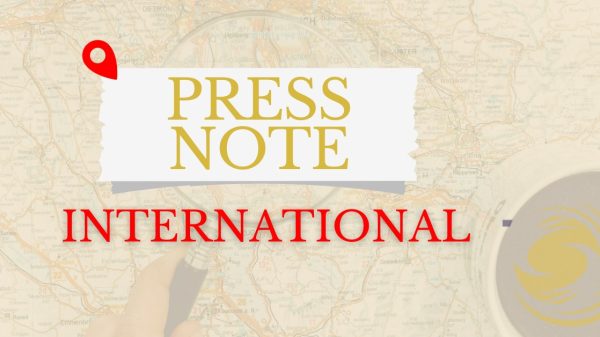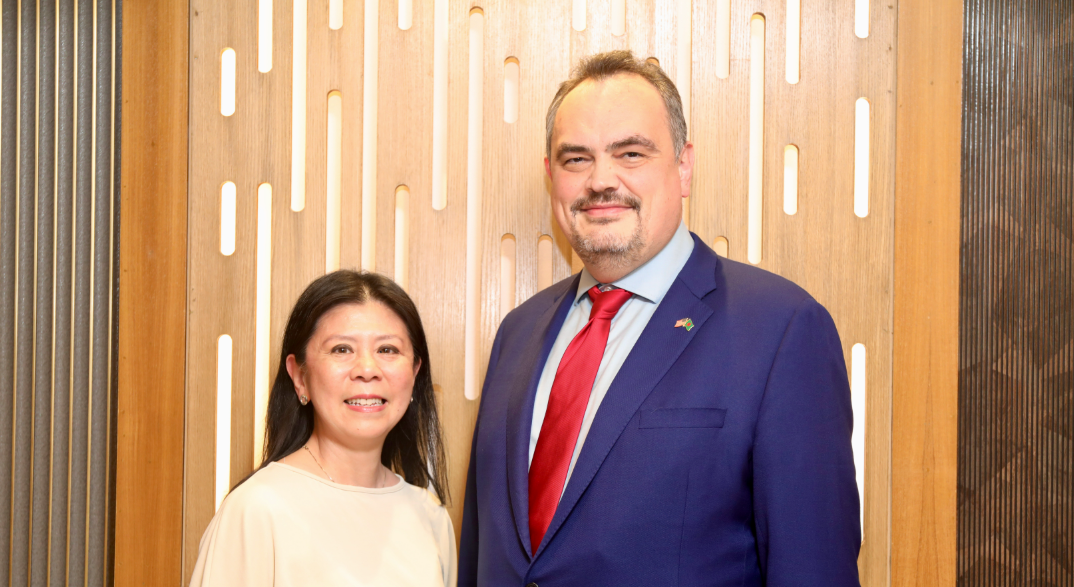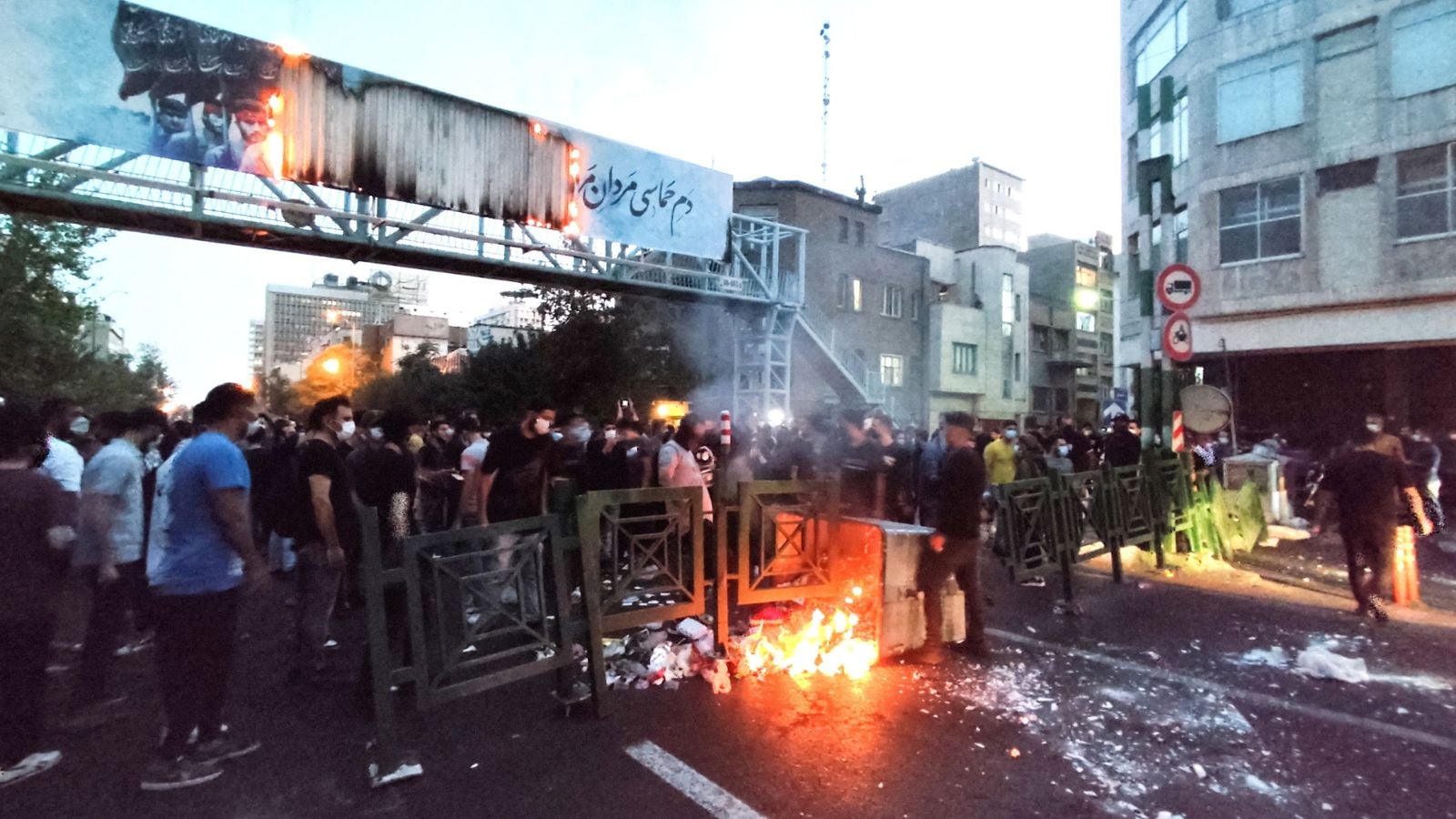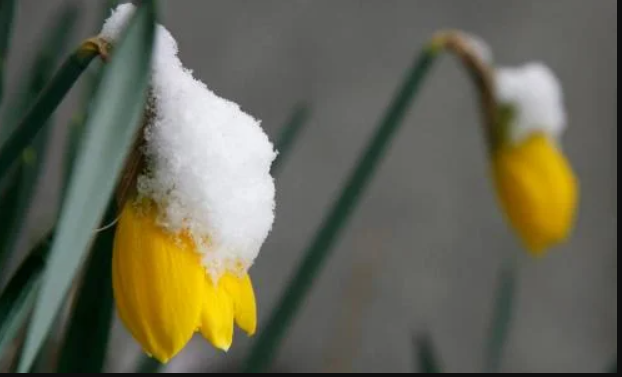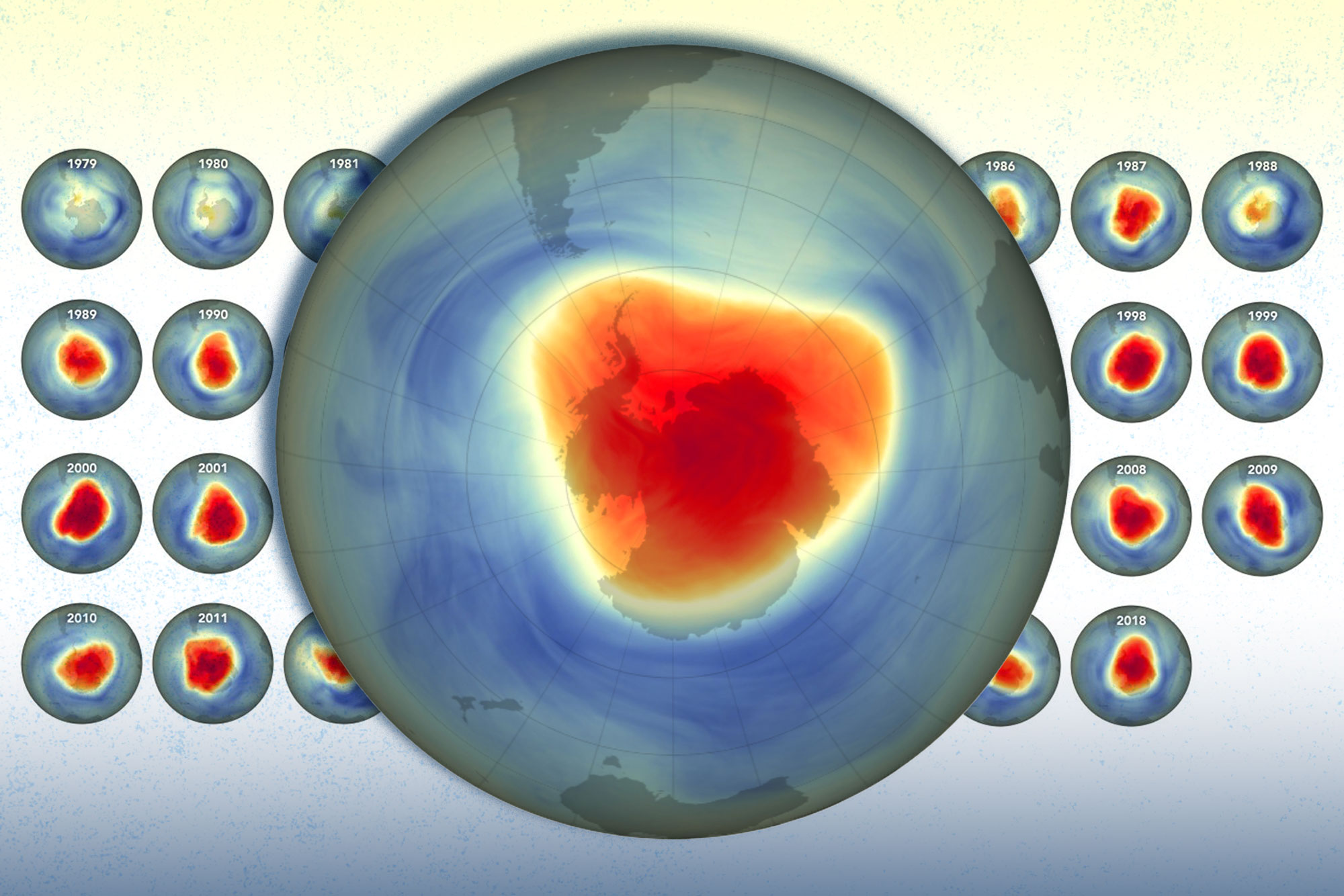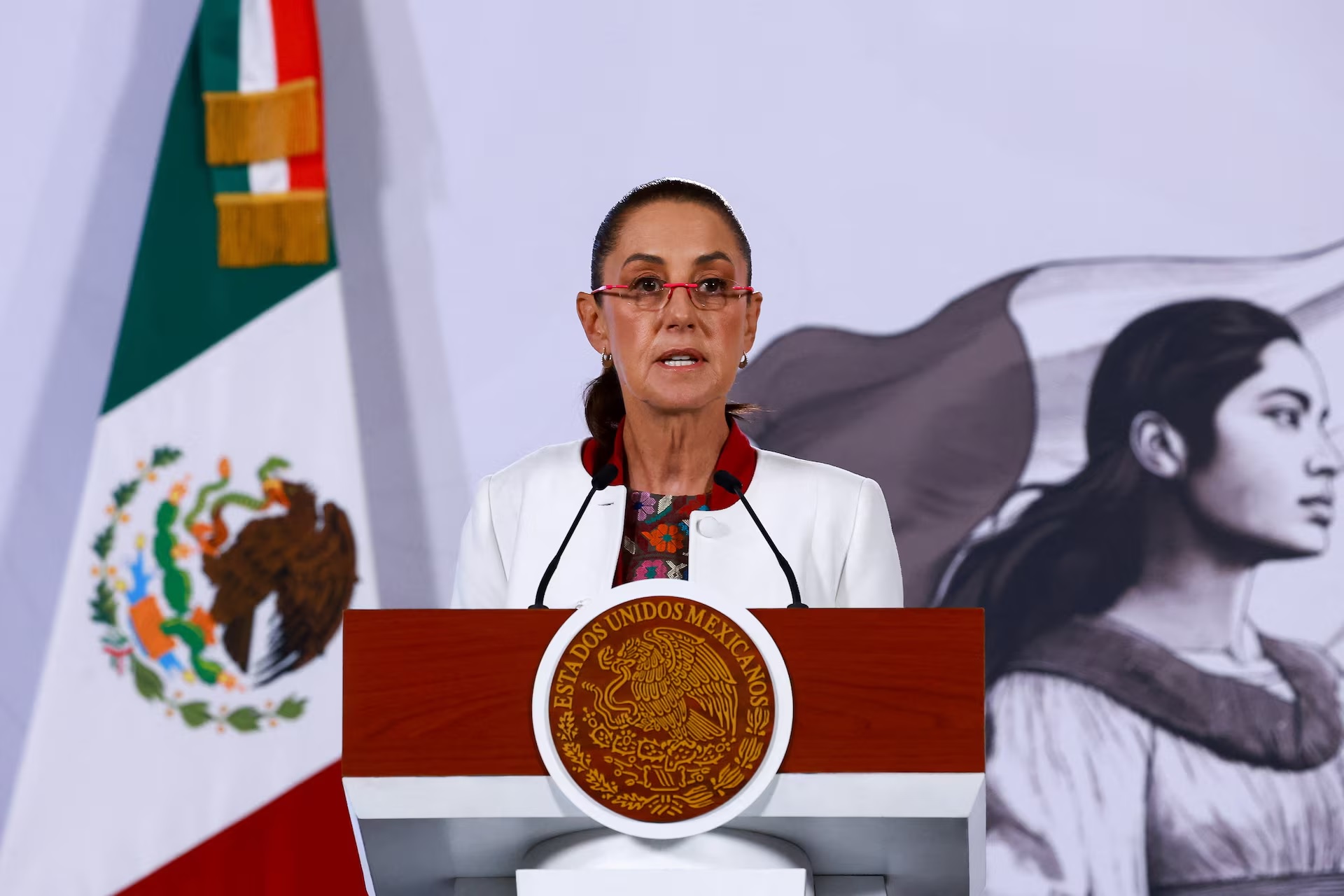Iran’s Supreme Leader Seeks More Support from Putin After U.S. Strikes

Pakistan Condemns Trump’s Bombing of Iran a Day After Peace Prize Nomination
Reuters,
Pakistan has sharply condemned U.S. President Donald Trump’s recent decision to order strikes on Iranian nuclear facilities, just a day after Islamabad announced its intention to nominate him for the Nobel Peace Prize. In a statement, Pakistan’s Ministry of Foreign Affairs described the attack as a violation of international law and called for diplomacy to resolve the crisis. The move comes amid heightened regional tensions following Israeli strikes in Iran and mass protests in Karachi, where thousands marched against both the U.S. and Israel. Notably, Prime Minister Shehbaz Sharif called Iran’s President Masoud Pezeshkian to personally convey Pakistan’s condemnation of the attacks. This abrupt shift in stance highlights the complexity of Pakistan’s regional policy, as just one day prior, Trump was praised by Islamabad for his role in mediating an end to a brief conflict with India. The apparent contradiction has drawn criticism, with government officials remaining silent on the rationale behind these conflicting messages.
South Korea’s Trade Minister Heads to U.S. for Key Talks Amid Tariff Tensions
Straits Times / Reuters,
South Korea’s trade minister, Yeo Han-koo, is set to visit the United States from June 22 to 27 for a fresh round of negotiations with U.S. officials, including Trade Representative Jamieson Greer. The discussions come at a tense time, with South Korea facing a 10% blanket tariff and a 25% country-specific duty—measures temporarily paused for 90 days. The visit will focus on technical aspects of bilateral trade, as high-level political appointments in Washington remain unfilled and sensitive topics like defense cost-sharing are expected to be sidelined. Economists warn that reaching a comprehensive deal will be difficult under current circumstances. South Korea’s economy has recently contracted in the wake of U.S. tariffs and internal political turmoil following the declaration of martial law last December. Both sides had agreed in April to work towards a deal reducing tariffs by July 8, but significant hurdles remain before any agreement can be reached.
Iran’s Supreme Leader Seeks More Support from Putin After U.S. Strikes
Reuters,
Iran’s Supreme Leader Ayatollah Ali Khamenei has dispatched Foreign Minister Abbas Araqchi to Moscow with a letter for Russian President Vladimir Putin, seeking increased Russian support following the most significant U.S. military action against Iran since 1979. While Putin has condemned Israeli strikes on Iran, he has yet to comment directly on the recent U.S. bombing of Iranian nuclear sites. Iran, dissatisfied with Moscow’s current level of support, hopes to see a more robust response, though the specifics of its request remain unclear. Russia, engaged in a prolonged conflict in Ukraine and traditionally aligned with Tehran, is balancing its interests as a mediator and as a U.N. Security Council member. Meanwhile, the Kremlin has provided assurances regarding the safety of Russian specialists in Iran’s nuclear facilities. As tensions escalate, Russia’s willingness to intervene more directly in the Middle Eastern crisis is under close scrutiny.
Iran Warns Trump: “We Will End This War” as Tensions Escalate
Reuters,
Iran has issued a stern warning to U.S. President Donald Trump, declaring that while he may have started the conflict, “we will be the ones to end it.” This follows the recent U.S. bombing of Iranian nuclear sites, which Iran claims broadens the range of legitimate military targets for its own forces. The situation remains volatile, with Iran and Israel continuing to exchange air and missile strikes. Iran has threatened further retaliation, including the possibility of closing the Strait of Hormuz, a critical chokepoint for global oil shipments. While oil prices spiked in response, markets have not yet reached crisis levels, suggesting traders believe a path to de-escalation remains. Iran’s parliament has moved to authorize closure of the Strait, pending approval from its highest security council. Meanwhile, Iran’s ability to respond is said to be more limited, following losses among key regional allies. The world watches as Tehran weighs its next move and continues diplomatic overtures to Moscow.
Cambodia Halts Fuel Imports from Thailand Amid Escalating Border Crisis
Al Jazeera,
Cambodia has announced an immediate halt to all fuel and gas imports from neighboring Thailand as tensions flare over a deadly border incident. The decision, revealed by Prime Minister Hun Manet, follows the death of a Cambodian soldier in disputed territory last month. Both nations have since closed border checkpoints and advised citizens to avoid cross-border travel. The crisis deepened after a leaked phone call between Thai Prime Minister Paetongtarn Shinawatra and former Cambodian leader Hun Sen, in which domestic and military tensions were discussed. The fallout has caused political upheaval in Thailand, leading a key coalition party to exit the ruling alliance. Despite assurances from Shinawatra that her coalition partners remain supportive, opposition groups have called for her resignation, with protests planned in coming days. The century-old dispute, rooted in colonial-era borders, has once again brought bilateral relations to a breaking point.


